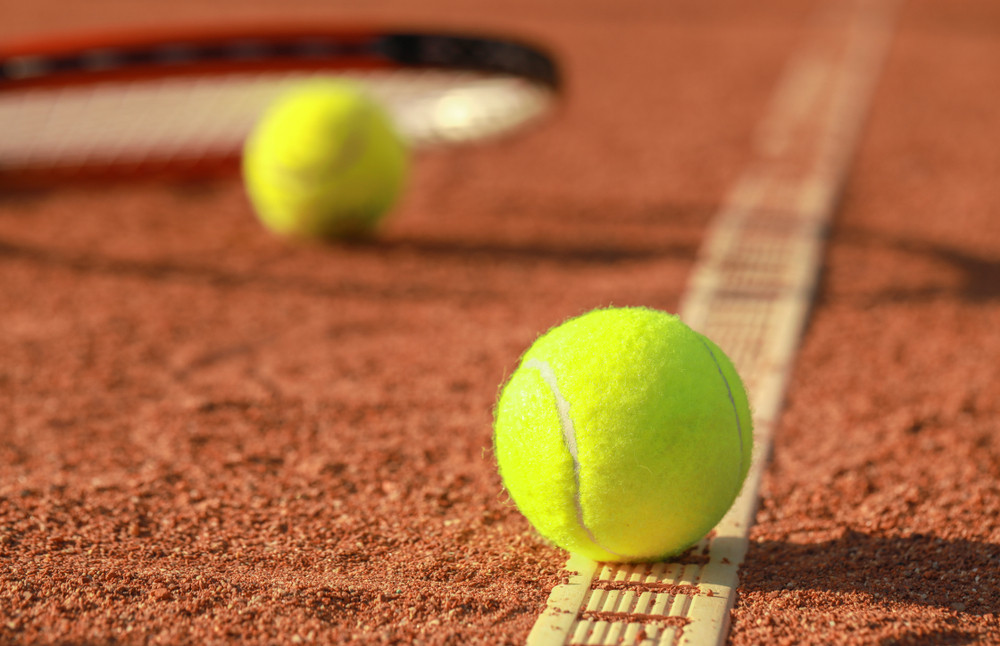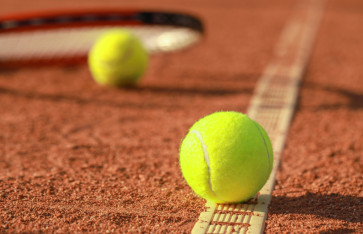Popular Reads
Top Results
Can't find what you're looking for?
View all search resultsPopular Reads
Top Results
Can't find what you're looking for?
View all search resultsGender of a coach shouldn’t be important
I was coached by my mum from a young age and have had good experiences with female coaches throughout my tennis career. But when I became professional, I noticed that basically every male player had a male coach and, in most cases, a male support team.
Change text size
Gift Premium Articles
to Anyone
W
hen my brother Jamie and I were growing up, we lived very close to the local tennis courts in Dunblane (Scotland). Given my mum played tennis to a reasonable standard and was also a coach, it was inevitable we would end up playing.
My mum has great energy and has been a workaholic ever since we were young, often getting up at 4 a.m. to start her day. She’s a role model for me through her determination, work ethic and drive to do what she wants to do. Even now, she’s still traveling everywhere and teaching on the court, trying to bring tennis to the masses and give kids, girls and female coaches an opportunity.
I was coached by my mum from a young age and have had good experiences with female coaches throughout my tennis career. But when I became professional, I noticed that basically every male player had a male coach and, in most cases, a male support team.
When I was choosing a new coach in 2014, I wanted to work with an ex-player — I feel they can help a lot with the psychological side and understand the pressures of playing in, and winning, big competitions. Like me, Amélie Mauresmo had struggled with nerves and had got over that hump of winning major events, and I felt she would understand me in that respect.
The reaction to Amélie’s appointment as my coach, even from people close to me, was when I realized there was a problem. The reason they were questioning her was purely based on her sex; it was not because of her ability or what she’d done in her career.
I did well with Amélie and reached Grand Slam finals, but a lot of people saw the period when we worked together as a failure because I didn’t win a Grand Slam title. People blamed her for that, but that wasn’t the case with my other coaches — it was always me who was the problem, and I would get the criticism when I lost. With Amélie, the questions I would get asked a lot of the time after losing matches would be about our relationship. I’ve never had that at any other time in my career.
The best coaches should be the best people and, at the Olympic Games, there’s no way that women should represent only 11 percent of the best coaches — clearly more work needs to be done here (11 percent of accredited coaches at the Olympic Games Rio 2016 were female).


















